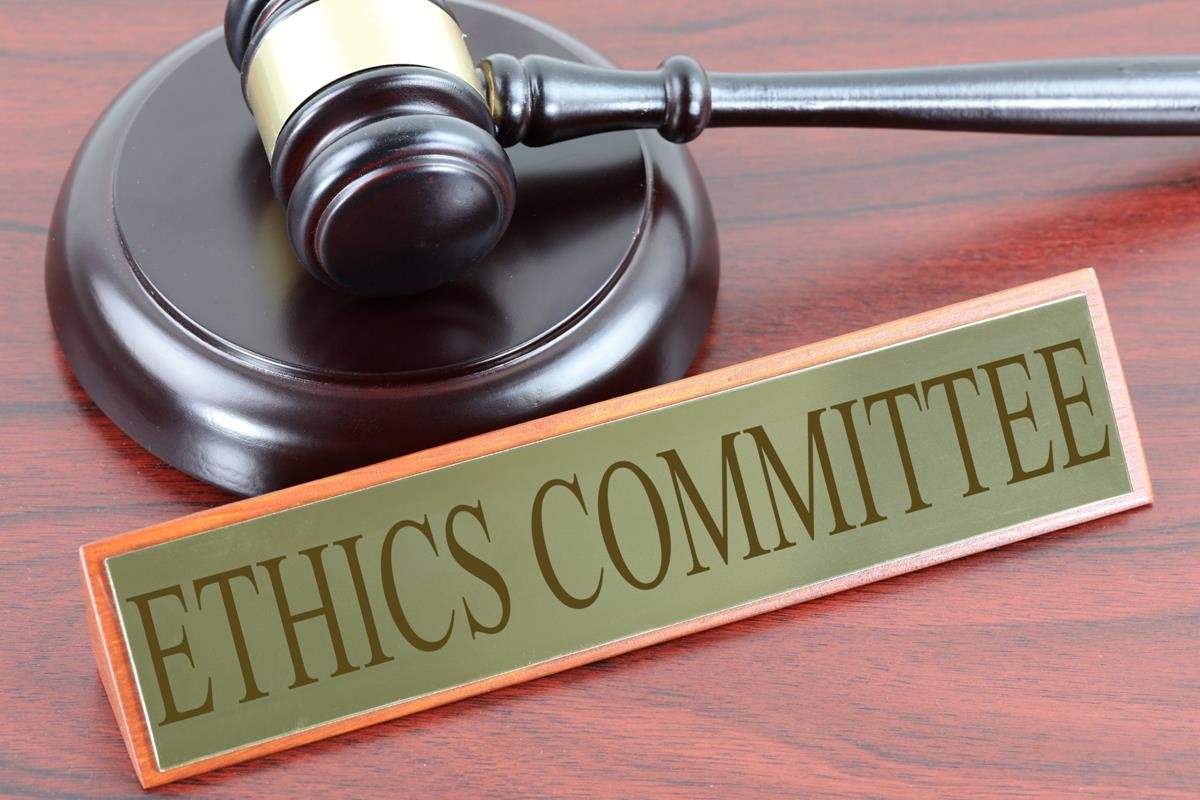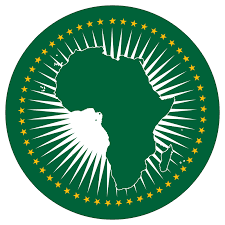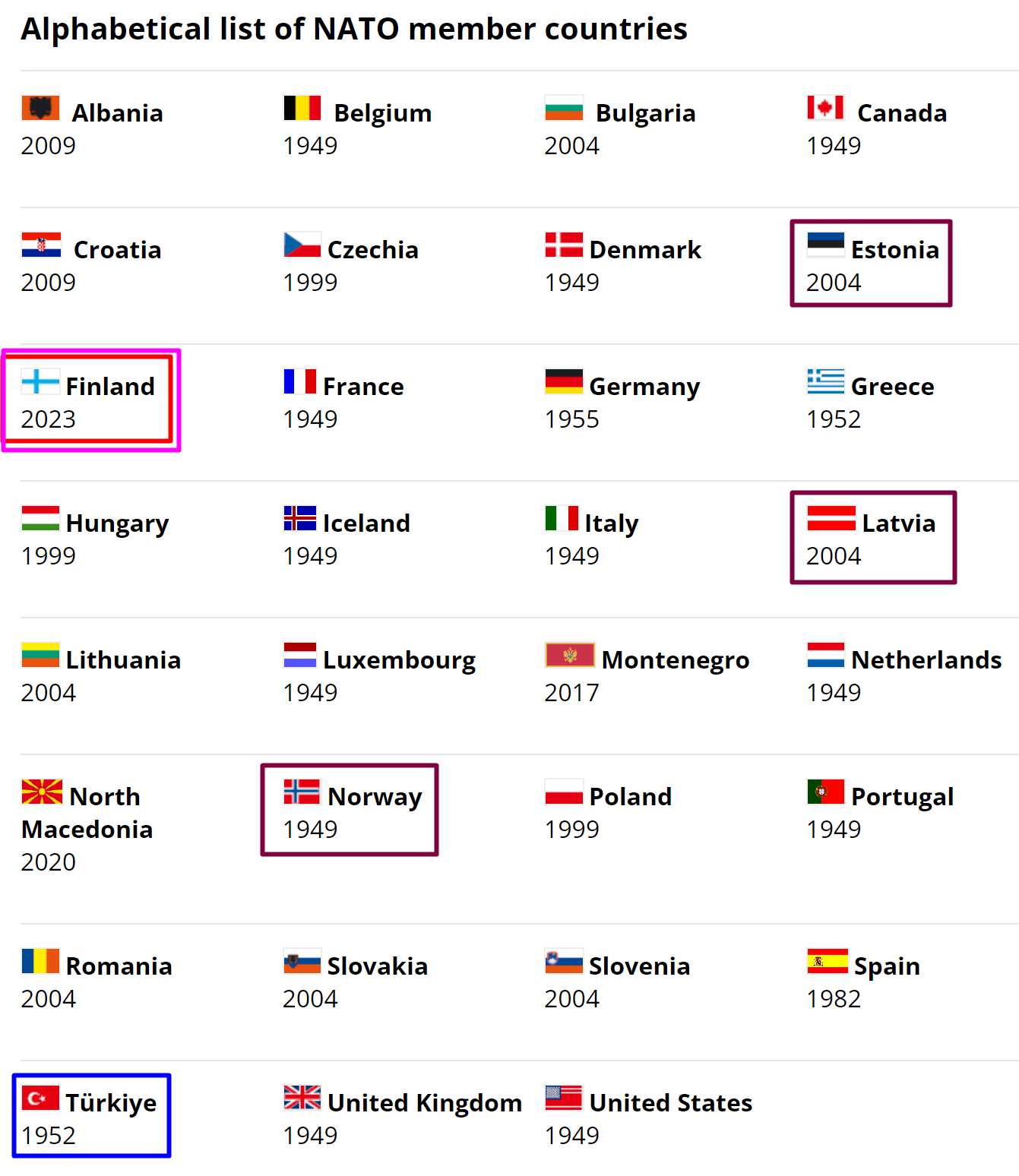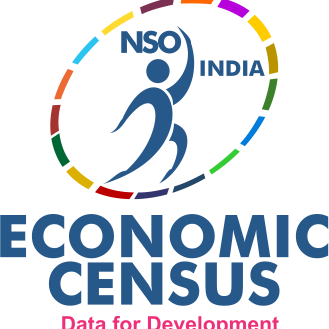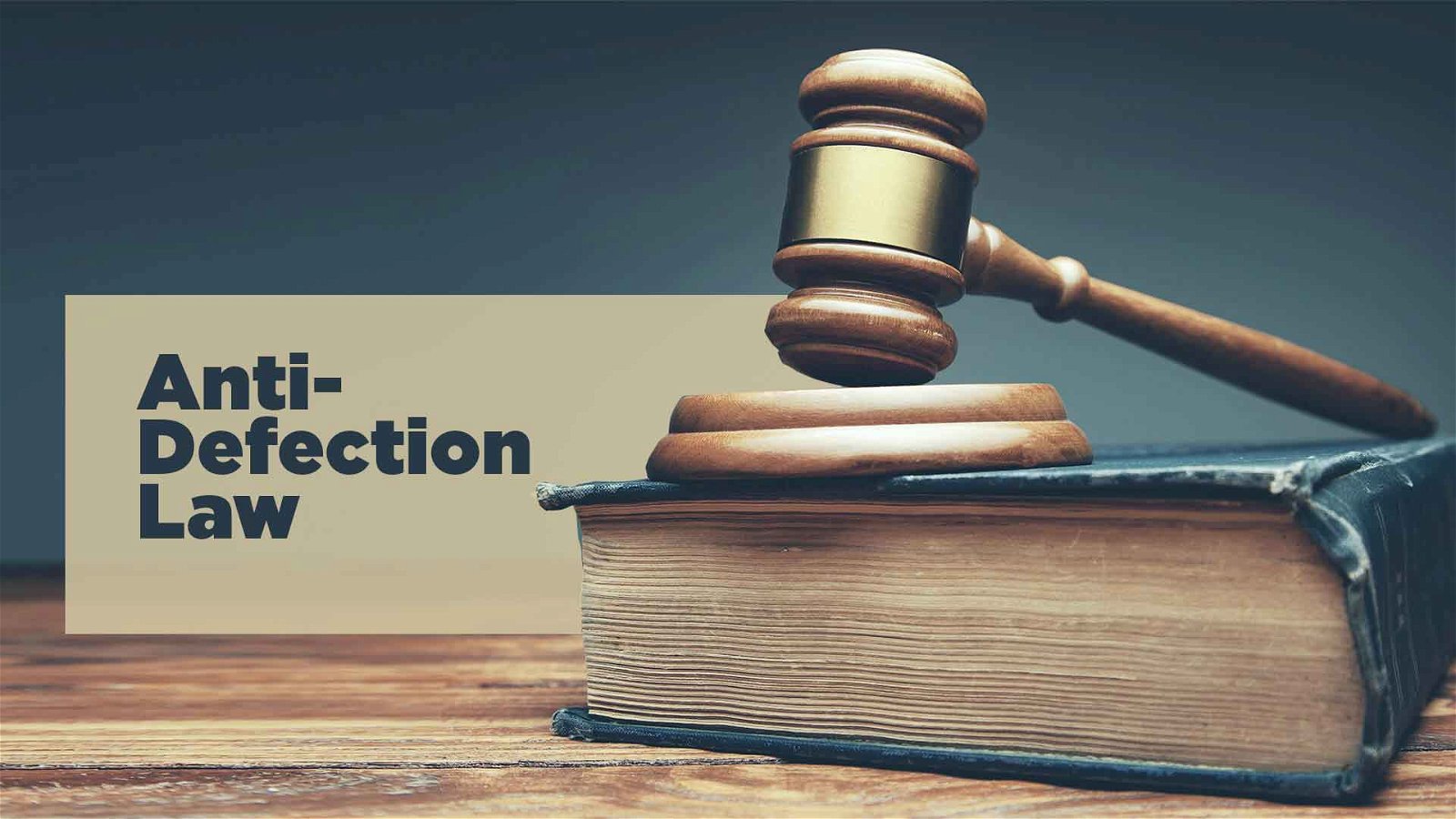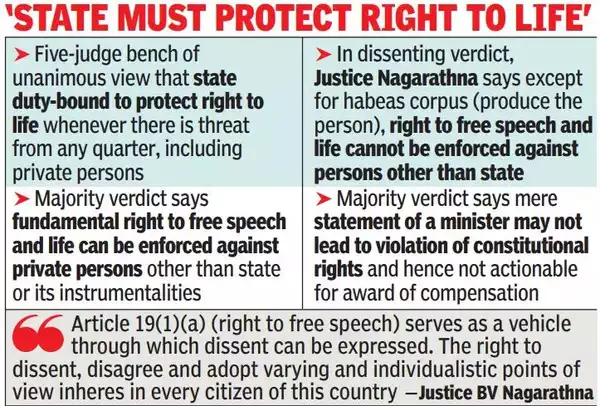
Judicial Clarity on Free Speech
Subscribers of "Current Affairs" course can Download Daily Current Affairs in PDF/DOC
Subscribe to Never Miss an Important Update! Assured Discounts on New Products!
Must Join PMF IAS Telegram Channel & PMF IAS History Telegram Channel
- Context (TH I IE): Bombay HC’s decision on Kunal Kamra’s case upholds the constitutional right to free speech, particularly in the realm of social media.
- The decision highlights the inherent dangers of arbitrary censorship and the need for clear, reasonable restrictions in line with constitutional principles.
Concerns Raised by the High Court
- The amended Rules, though well-intentioned, lack necessary safeguards.
- The rules do not offer protection to fair criticism of the government, like parody and satire.
- Ambiguity surrounding the term “any business of the Central government,” could include speeches made ahead of the 2024 Lok Sabha elections within its ambit.
- Why the Rules would exclusively affect digital media and not its print counterparts?
- Why was the monitoring only limited to government business and not to every piece of information available on the internet?
HC’s Observations
Upholding Free Speech
- The constitutional guarantee of free speech shall not be tinkered with or read down, except for the reasonable restrictions under Article 19(2), (6) of the IC.
Rejection of Arbitrary Censorship
- The amended Rule 3(1)(b) of the IT Rules 2021 is vague and poses a threat to critical discourse and debate.
Constitutional Principles
- The amended rule violates fundamental rights and lacks reasonable standards.
- This assessment drew upon various principles, including the doctrine of proportionality.
- The HC held that the amendments are:
- A form of censorship of user content that is vague and overbroad,
- Destructive of the right to criticise and debate,
- It fails to provide reasonable standards for assessing the validity of decisions made by the FCU, which functions as the sole decision-maker.
- Not within the boundaries of reasonable restrictions in Articles 19 (2)(6).
- Violative of the principles of non-arbitrariness and non-discrimination outlined in Article 14.
- It lacks clear guidance and fails to apply equally to the print media.
Significance of the Judgement
Fake news and regulation of Digital Media
- It acknowledges the need to combat misinformation and insists on the importance of balanced regulation that respects free speech rights.
- Fakery and misinformation are not only a threat to democracy but also to the indefeasible right to the reputation and dignity of individuals.
Balancing the FRs and Unreasonable Restrictions
- It represents a just balance between ‘the abyss of unrestrained power’ and the ‘heaven of freedom.’
Judicial review
- It validates the logic of judicial review as a bulwark against the excesses of government entities and untamed power.
Upholds Democratic Values
- It reaffirms the fundamentals of a democratic State that “the will of the State is subject to scrutiny by those who are affected by the exercise of State power and that democratic power”.
- In times of executive-centred governance, a law that permits its enforcers to become agents of injustice cannot be countenanced in a constitutional democracy.
Central Government’s Argument
- The FCU will only notify intermediaries that the content they are hosting is fake, false, or misleading, and the intermediaries can choose to take it down or leave it up with a disclaimer.
- FCU’s notice is merely advisory; the GOI submitted that in case the intermediary’s decision aggrieves a user, they can avail of a remedy before a court of law, the final arbiter on the matter.
Background
- The IT Act of 2000 was amended in 2008 to provide an exemption to intermediaries from liability for any third-party information.
- Following this, the IT (Intermediary Guidelines) Rules, 2011, were framed under the IT Act to specify the due diligence requirements for intermediaries to claim such exemption.
- IT (Intermediary Guidelines and Digital Media Ethics Code) Rules, 2021 were notified to replace the 2011 Rules.
- In 2023 amendments to 2021 rules were introduced.
- Number of petitions were filed challenging the constitutionality of the IT Amendment Rules, 2023.
What are the IT Rules?
- The IT Rules derive their authority from the Information Technology Act of 2000, which provides legal recognition for electronic commerce.
Safe Harbour Provision
- The Act provides a “safe harbour” for intermediaries that observe due diligence in discharging their duties and follow guidelines prescribed by the state.
Intermediaries
- Section 79 of the Act grants immunity to intermediaries as long as they follow due diligence and state-prescribed guidelines.
- Intermediaries include social media platforms like WhatsApp, Twitter, Facebook, and Instagram.
2021 Regulations
- The 2021 IT Rules replaced the previous guidelines and sought to regulate intermediaries and digital news media.
First Originator
- Social media platforms were required to provide technological solutions to identify the first originator of any information, risking privacy.
Establish a Grievance Officer
- The intermediaries are required to establish a grievance redressal mechanism and remove unlawful and unfitting content within stipulated time frames.
- The grievance officer is responsible for receiving and resolving the complaints of the users.
Ensuring online Safety and Dignity of Users
- Intermediaries shall remove or disable access within 24 hours of receipt of complaints of contents
- That expose the private areas of individuals,
- Show such individuals in full or partial nudity or
- A sexual act or is in the nature of impersonation, including morphed images, etc.
Mandates Social Media to Exercise Greater Diligence
- Broadly, the IT Rules (2021) mandate social media platforms to exercise greater diligence with respect to the content on their platforms.
IT Amendment Rules, 2023
- The GoI can decide what information is false and enforce extensive censorship by compelling intermediaries to remove such content.
- Freedom of speech can be restricted through executive order rather than legislation.
- The proposed amendment also includes online gaming within its ambit.
New Guidelines for Social Media Intermediaries
- These impose a legal obligation on intermediaries to make reasonable efforts to prevent users from uploading such content.
- The new provision ensures that the intermediary’s obligation is not a mere formality.
- The intermediaries have to respect the rights guaranteed to users under Articles 14, 19 and 21 of the IC, therefore including a reasonable expectation of due diligence, privacy and transparency.
- For effective communication of the intermediary’s rules and regulations, the communication must be done in regional Indian languages as well.
Amendments to the Rule 3
- The grounds in sub clause 1 of rule 3 (rule 3(1) (b) (ii)) have been rationalised by removing the words ‘defamatory’ and ‘libellous’.
- Whether any content is defamatory or libellous will be determined through judicial review.
- Some of the content categories have been rephrased to deal with misinformation that could incite violence between different religious/caste groups.
Section Rule 3(1)(b)(v)
- The intermediary shall make reasonable efforts to ensure that the users of its computer resource do not host, display, modify, publish, store or share any information related with respect to any business of the GoI and identified as fake by the fact-checking unit of the GOI.
- Where an intermediary fails to observe these rules, the intermediary shall be liable for punishment under any law for the time being in force, including the provisions of the Act and the IPC.”
Establishment of Grievance Appellate Committee(s)
- Grievance Appellate Committee(s) will be established to allow users to appeal against the inaction of, or decisions taken by intermediaries on user complaints.
- However, users will always have the right to approach courts for any remedy.
Fact Check Unit (FCU)
- FCU to control the digital content in matters connected with the business of the GoI.
- FCU will be under the Ministry of Electronics and Information Technology (MeitY).
- Safe harbour protection: The intermediaries will have to take down the content labelled as fake by the FCU or lose their legal immunity against third-party content online.
- The FCU has limitless powers to decide what information is false and compel social media intermediaries to act based on these findings, which are open-ended and undefined.
- Information marked as “fake or misleading” by PIB’s fact-check unit, or any agency “authorised by the GOI for fact-checking” would need to be taken down.
|
FCU & the Freedom of Speech Debate
- The amendment does not define the term ‘any business of the Central government.’
- Intermediaries are likely to protect their commercial interests rather than risk losing safe-harbour protection for non-compliance with the directions of the FCU.
Issues related to 2023 Amended Rules
Lacks Clear Definitions
- It fails to define fake news and allows the FCU to declare any news “in respect of any business” that involves the state.
- The use of undefined words, like “any business“, gives the GOI unchecked power to decide what people can see, hear, and read on the internet.
Not a Standard Practice
- A comprehensive parliamentary legislation on fake news, would have been a more constitutionally committed campaign against fake news.
- In France, an independent judge is responsible for making declarations to counter the spread of misinformation during elections.
- An enacted statute would have required exploring less strict options before removing misinformation.
Removable of Information
- Intermediaries will remove information deemed false by the FCU, leaving only the state to determine what is true.
Lesser Rights
- The rights of the press and individuals to question authority and speak truth to power will be diminished, and civil liberties will be curtailed.
Violates the Supreme Court’s Judgment
- Shreya Singhal vs Union of India (2015), Supreme Court held that a law that limits speech can neither be vague nor over-broad.





![PMF IAS Environment for UPSC 2022-23 [paperback] PMF IAS [Nov 30, 2021]…](https://pmfias.b-cdn.net/wp-content/uploads/2024/04/pmfiasenvironmentforupsc2022-23paperbackpmfiasnov302021.jpg)
